Here are the top 8 medicinal herbs that you can grow at home
1. Basil
Basil is a commonly used cooking herb with medicinal uses that you can easily grow in your kitchen garden.
Sow basil seeds in a warm, sunny place and provide water on a regular basis to retain moisture after the soil has warmed. Basil is very sensitive to cold, so to protect it you can keep it indoors or cover it with a sheet.
Medicinal properties: Basil has antioxidant, antiseptic, anti-inflammatory and antibacterial properties. It also has nutrients like vitamins A, C and K, manganese, copper, calcium, iron, magnesium and omega-3 fatty acids.
Uses: Basil can be used to treat flatulence, lack of appetite, gas, nausea, cuts, scrapes, headaches, coughs, acne, kidney stones and more.
2. Parsley
When it comes to taste, parsley is one of the best options and you can easily grow this herb in your small garden area. Parsley prefers damp, well-drained soil and partial shade. It can also thrive in the sun, but the soil must be kept moist.
You can grow this herb outside in the ground or in large pots. It’s helpful to feed it with organic fertilizer. Cover plants with a plastic sheet or move the pot to an indoor location to help it thrive in the winter.
Medicinal properties: Parsley is a good source of volatile oils, flavonoids and antioxidants. It also has many vital vitamins like C, B-12, K and A, along with folic acid.
Uses: Parsley is used to treat urinary tract infections (UTIs), kidney stones, constipation, jaundice, gas, indigestion, colic, diabetes, coughs, asthma, osteoarthritis and high blood pressure. It is also used as an aphrodisiac and a breath freshener.
3. Mint
Mint grows in moist, shaded areas as well as in sunny locations. Keep it well-watered and use a weak liquid fertilizer. Consider growing mint plants in large sunken pots because they grow vigorously.
Medicinal properties: Mint has antioxidant, expectorant (promotes the clearance of mucus from the airways), diaphoretic (induces perspiration), digestive, antiseptic and anti-inflammatory properties. It is also rich in vitamins like A and C and contains manganese and iron.
Uses: Mint can be very useful in treating indigestion, vomiting, sore muscles, abdominal pain, heartburn, chest pain, irritable bowel, fever, headaches and bad breath.
4. Rosemary
Rosemary is a great herb to grow in your garden. It grows best in well-drained, sandy or gravelly soil and prefers neutral to alkaline conditions with average fertility. This herb loves basking in sunshine. It will not withstand water logging or frost.
Medicinal properties: It has antioxidant and anti-inflammatory compounds, along with health-benefiting phytonutrients, essential fatty acids, anti-allergenic, astringent, diaphoretic and stimulant properties. It is also a good source of iron, calcium and vitamin B6.
Uses: This aromatic herb is often recommended in the treatment of headaches, colds, depression, gout, rheumatism, premature baldness, dandruff, indigestion, muscle pain and neuralgic conditions.
5. Sage
Another herb used for culinary as well as medicinal purposes is sage. You can grow it in well-drained, fertile soil where there is enough sunlight. During the winter, it can survive well in dry, indoor air, but it will need strong sun.
Medicinal properties: Sage is a natural stimulant, antibiotic, astringent, tonic and carminative. It also contains anti-hypertensive, anti-diabetic, anti-inflammatory and antimicrobial properties. Plus, it contains a variety of volatile oils, flavonoids and vitamins A and K
Uses: Sage is used for treating loss of appetite, gas, stomach pain, heartburn, depression, cold sores, gum disease (gingivitis), painful periods, asthma and excessive sweating.
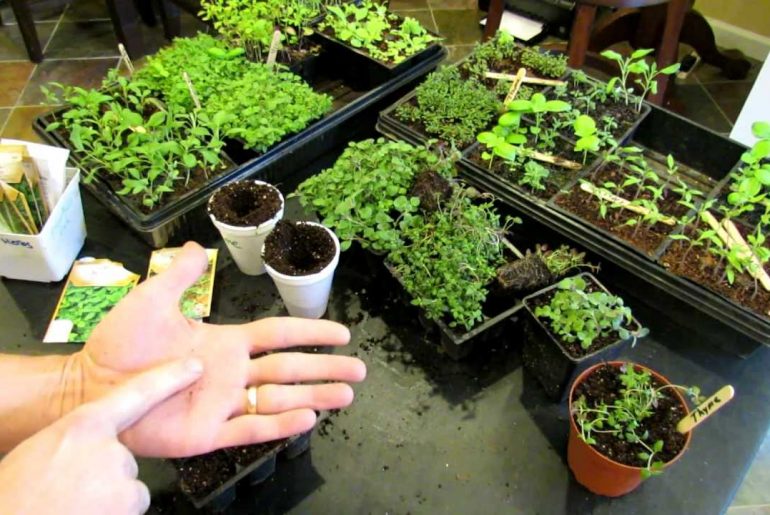
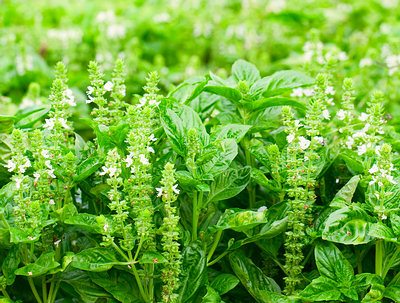

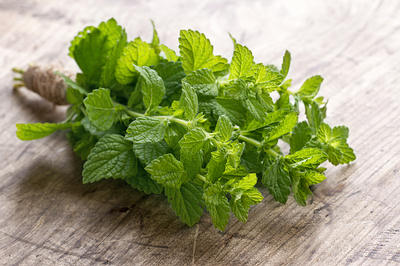
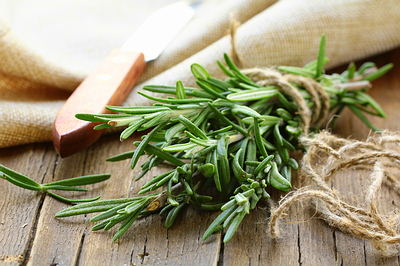
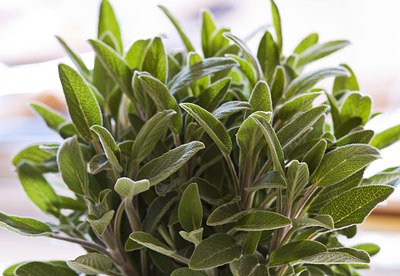
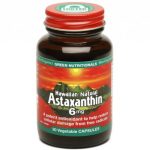
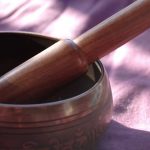

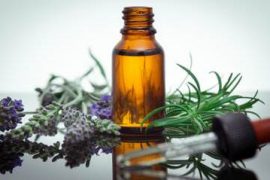
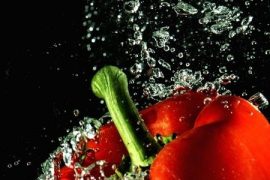
Comments
IMO posts like this are fantastic